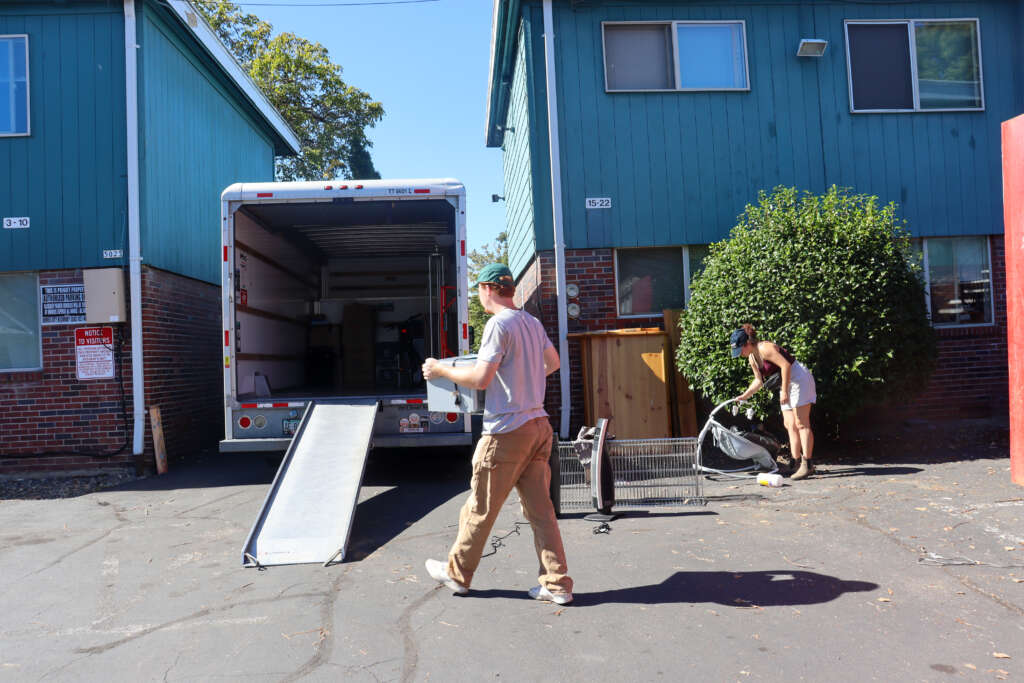Service Learning In Portland
Sabin has a long-standing commitment to service learning, engaging both community members and educational institutions through a variety of volunteer opportunities. These include on-site projects such as landscaping and small maintenance tasks, as well as office support for resident and development projects. A key element of our current Service Learning effort is our Partner Days. These days involve our members volunteering at small, culturally specific organizations in our community. Through these activities, participants gain valuable insights into the work of these organizations and their communities, and small nonprofits can complete projects they would otherwise not have the capacity for. Partners include Repair PDX, Metro Parks, Afro Village PDX, MudBone Grown, Story Book Garden, Jean’s Farm, and Vanport Mosaic.
Unpacking the Past & Shaping the Future
Sabin’s 8-part module system, designed to explore the history of North and Northeast Portland and highlight the ongoing efforts to address historical injustices, focuses on the neighborhood’s transformation, its challenges, and how contemporary initiatives are aiming to heal and empower its communities.
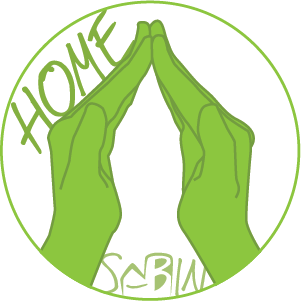
Service Learning Series

History of NE Portland
The history of Northeast Portland is shaped by diverse communities and individuals, often marked by systemic oppression and the impacts of gentrification. Many marginalized communities in the area have faced environmental injustices, including the consequences of redlining, which restricted access to green spaces and clean, healthy environments. Today, as we recognize this legacy of exclusion, the community is actively working to restore environmental justice, focusing on creating equitable access to resources and improving the overall livability of the neighborhood for all residents.
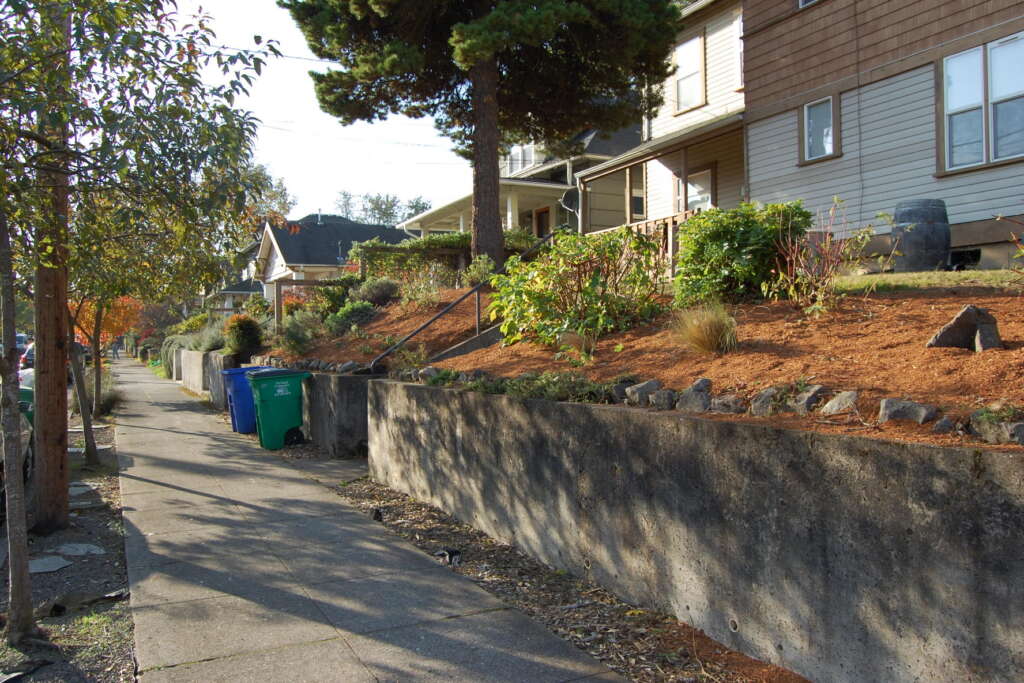
History of nE Portland Roundtable
Join us for an intimate roundtable discussion with other Community Development Corporations (CDCs) and housing providers in Portland to explore the diverse housing options available in our city. We’ll dive into key topics such as the challenges we face in providing affordable housing, the impact of market dynamics on accessibility, and how renting versus home ownership might be the best fit for different communities. This conversation will provide an opportunity to share insights, discuss strategies for improving housing access, and examine how we can work together to create more sustainable and equitable housing solutions for all Portlanders.
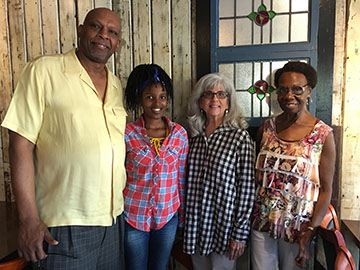
Affordable Housing 101
Affordable housing is essential for social equity, economic stability, and community well-being. In this module, we will explore its importance, the impact it has on individuals and communities, and the growing need for affordable housing in both the near and distant future.
Housing Roundtable
This will be an intimate roundtable discussion with other CDCs and housing providers in Portland. We’ll address key questions, explore the various housing options available in our city, discuss the challenges we face, and compare renting versus homeownership and what might be best for you.
What is Livability?
What is Livability and why is it a useful framework for addressing the impacts of the past? Livability refers to the qualities that make a neighborhood a safe, healthy, and enjoyable place to live—factors such as safety, accessibility, affordability, and access to essential resources. In the context of Sabin’s work, this concept is expanded through EcoLivability, which incorporates sustainable and resilient environmental practices into the equation. This module will explore the proactive steps Sabin is taking to address the historical impacts. By focusing on eco-livability, we aim to create spaces that improve quality of life while also fostering long-term environmental and social sustainability.
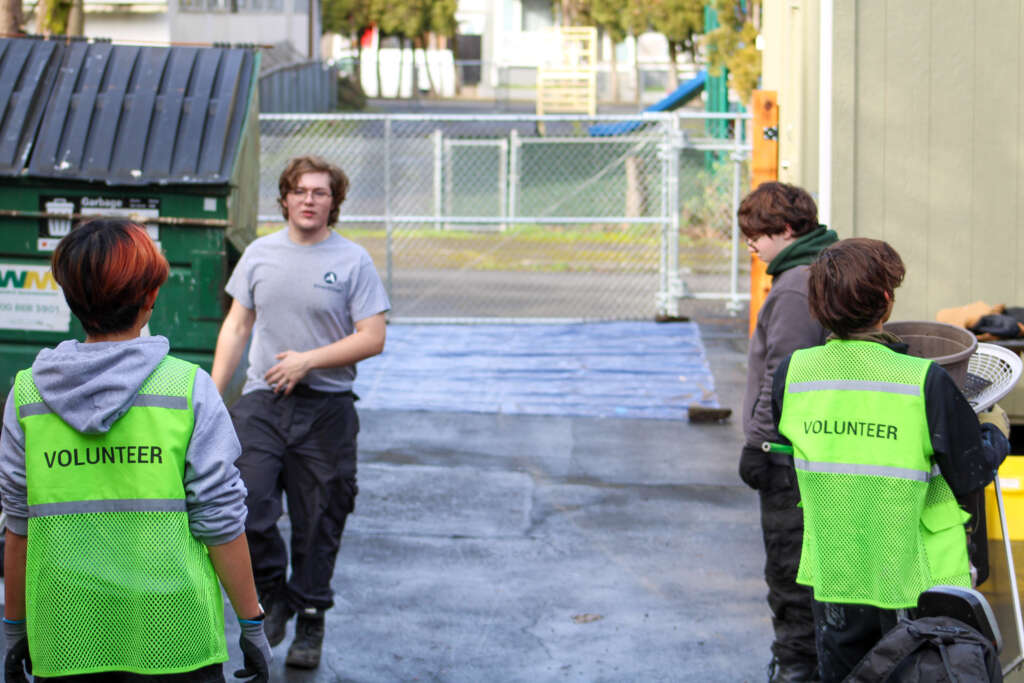
Regenerative Landscaping
Regenerative landscaping involves designing and maintaining outdoor spaces that not only sustain the local ecosystem but also restore and enhance the environment. At Sabin, this approach includes planting native species, improving soil health, and implementing water-efficient techniques that foster biodiversity. Join us to learn more about these sustainable practices and how they contribute to a healthier, more resilient environment.
PASS IT ON
The Pass It On initiative focuses on resource-sharing and minimizing waste. Through efforts like Pass It On Day, Sabin encourages recycling, repurposing materials, and sharing items, all aimed at reducing its environmental impact while fostering stronger community connections. These practices help curb overconsumption, decrease landfill waste, and promote sustainable consumption, ultimately contributing to a more circular economy.
